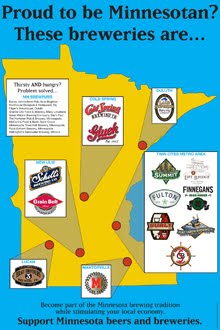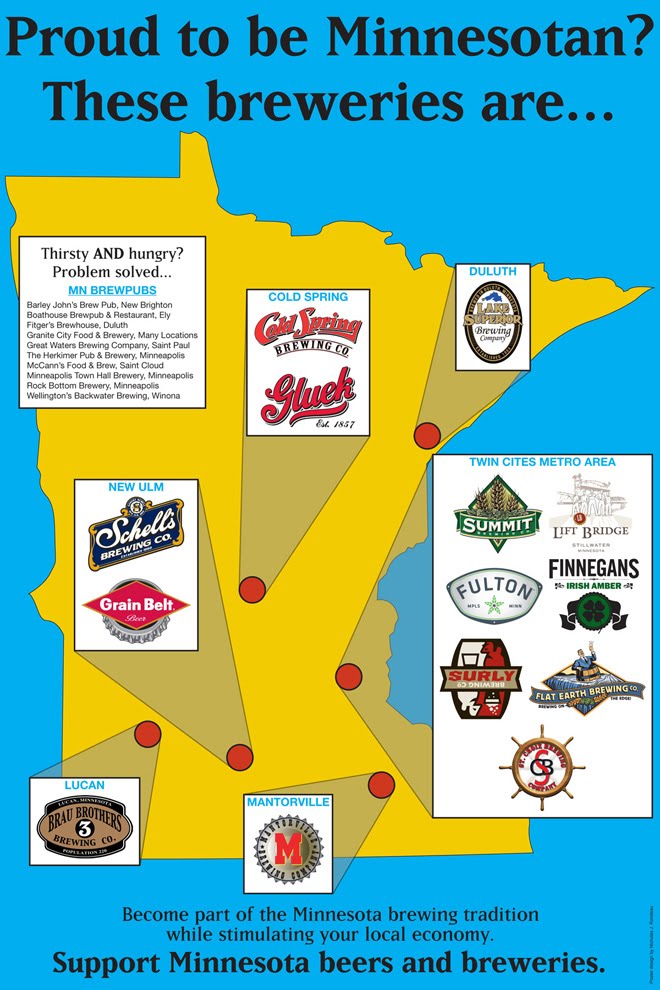This hymn dates back to around 1900 BC, when the Sumerians are believed to have been actively farming and cultivating grain. They baked a bread called "bappir" from the grain they harvested. Some believe that they made this bread as a way of better preserving the grain for consumption. In order to make it easier to preserve it was probably twice-baked, which made it very dry and less susceptible to spoiling. Bappir also became the base for another important product the Sumerians made: beer.
How did they make the beer? The loaves of bread were most likely broken into chunks and mixed with barley and water to create a mash. Then honey and/or spices were added. Back then, brewers were not aware of yeast. Fermentation occurred simply by letting the mash sit in an open container. Wild yeast is everywhere, blowing around and going anyplace.When those few random yeast cells find their way into the brew it's known as spontaneous fermentation. After allowing it to ferment for the required amount of time, the liquid was removed by pouring through a filter made of straw into a collector vat. Then it was time to drink up!
The Hymn to Ninkasi was translated into english by Miguel Civil. Click this link if you'd like to read this ancient writing for yourself!








No comments:
Post a Comment